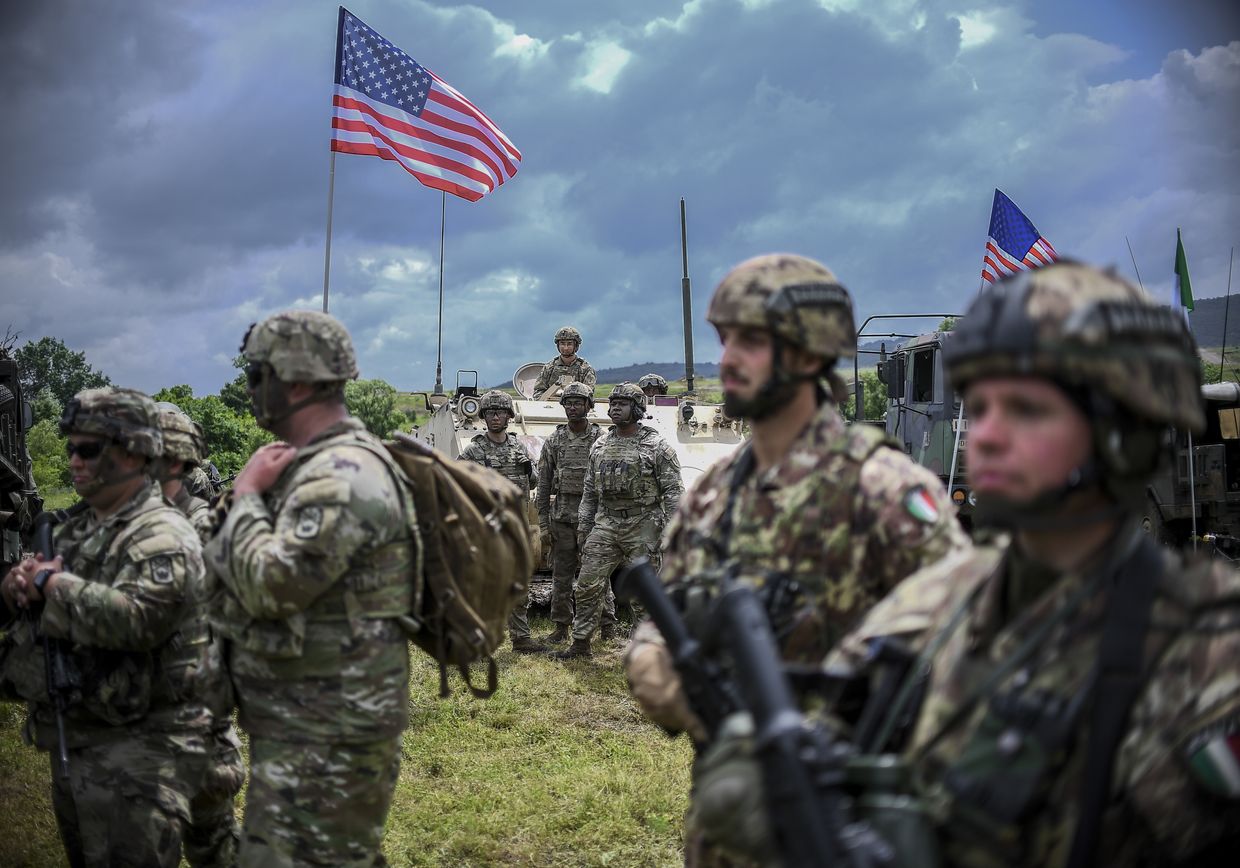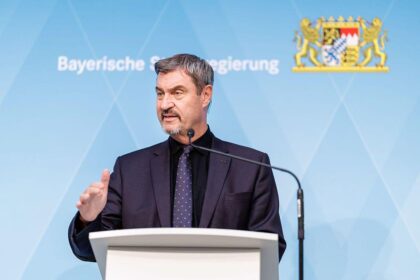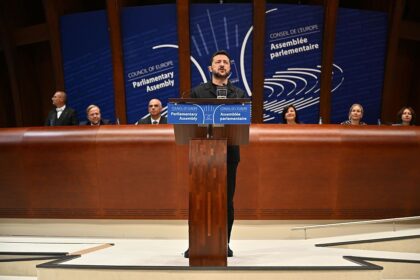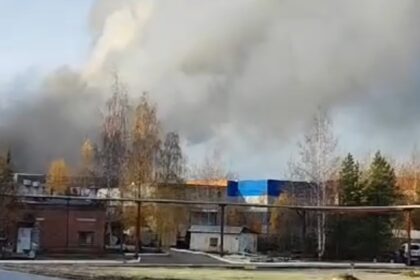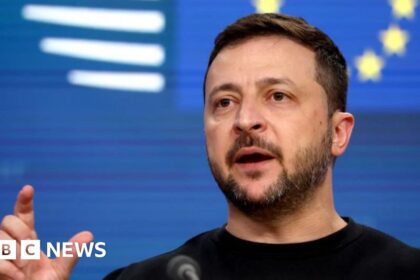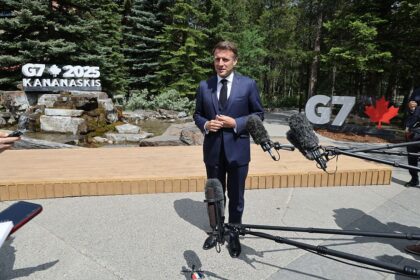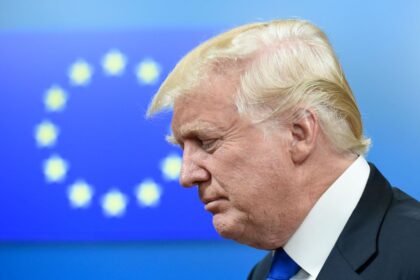**Russia’s War on Ukraine: Unpacking the “Root Causes” Myth**
As Russia continues to bombard cities and towns across Ukraine, Russian officials have been repeating a familiar phrase – the “root causes” of the war must be addressed before any ceasefire can be considered. But what do these root causes really mean? And how are they being used by Moscow to justify its aggression?
According to experts, the concept of “root causes” is a red herring designed to distract from Russia’s true intentions – to turn Ukraine into a subservient vassal state with a puppet government that does its bidding.
Robert Person, an expert on Russian foreign policy and member of the Council on Foreign Relations (CFR), argues that Moscow’s framing is a smokescreen for its own ambitions. “What Putin is after in Ukraine and beyond is not just a rollback of the prospect of NATO membership,” he says. “It’s really about turning Ukraine into a subservient vassal state with a puppet government that does his bidding.”
**The False Narrative of NATO Expansion**
At the heart of Moscow’s narrative is the claim that Ukraine’s bid to join NATO is the root cause of the conflict. But experts say this is a nonsensical explanation for the war.
Stephen Hall, assistant professor in Russian and post-Soviet politics at the University of Bath, points out that Russia has not shown similar resistance to other countries joining NATO – such as Poland, Lithuania, Latvia, and Estonia, all of which share borders with Russia. “Then fast forward to when Finland joins in 2023,” he adds. “There’s barely a peep from Moscow.”
**Russia’s True Intentions**
So what are Moscow’s true intentions? According to Person, they go far beyond NATO expansion or even securing Ukraine’s neutrality. “For over twenty years, Putin has very aggressively been targeting Ukrainian sovereignty and Ukrainian democracy,” he says.
Mercedes Sapuppo, assistant director in the Atlantic Council’s Eurasia Center, agrees that understanding Putin’s motivations is key to informing Western strategies for negotiations with Russia. “It’s very clear that the root cause for (Putin), really, is just Ukraine’s existence,” she says.
**What This Means for Peace Negotiations**
If Western leaders fall into the trap of focusing on NATO limitations, they will not only fail to address the true reasons for the invasion but also allow Russia to establish a revisionist history. Recognizing the underlying motives for Russia’s invasion means recognizing that they are far more difficult to solve than a question of neutrality.
As Person notes, “You could draw lines on a map all day long. No line, unless it incorporates, at least all of Ukraine up to and including Kyiv and its government, is going to satisfy Putin’s demands.”
**The Road Ahead**
So what does this mean for peace negotiations? For now, it seems that Moscow’s true intentions remain unclear – and that the West may be in for a long and difficult negotiation process. As Sapuppo warns, “Recognizing the underlying motives for Russia’s invasion also means recognizing that they are far more difficult to solve than a question of neutrality.”
Only time will tell if Western leaders can see through Moscow’s smokescreen and negotiate a peace that truly addresses Ukraine’s sovereignty – or if Russia’s ambitions will continue to drive the conflict forward.




